Bachelor of Biology
Overview
Biology Department awards Bachelor degree of Science in Biology. The study plan is designed to include 133 credit hours, consisting of eight semesters (in total four years of study). The courses include the university requirements, the faculty requirements, and major requirements and major elective courses. The curriculum and the study plan meet the minimum requirements to develop professional biologist and to prepare graduates to become qualified biology practitioners, specialists in their respective area of specializations and also prepare them to get success in competitive business environments. In this program, the students gain broad and extensive foundational skills in Biological sciences. Nevertheless the faculty has prospectus programs and the syllabus is designed in such a way to provide the students strong foundation for postgraduate studies in all branches of biological sciences and other related fields.
Objectives
- Preparation of qualified teachers, laboratory technicians and researchers in the field of biology.
- Bridging the gap between learning outcomes and labor market requirements.
- Enabling graduates to learn about basic concepts and theories in biology.
- Conduct scientific research in the field of biology
- Contribution in solving social problems in the field of biology
Outcomes
- Knowledge
1.1 Recall he basic principles and theories related to biological sciences
1.2 Classify the living organisms on scientific bases
1.3 Recall parasitic and microbial pathogens and methods of prevention & control and diagnosis
2. Cognitive Skills
2.1 Explain the role of different sciences in the interpretation of biological processes in living organisms and scientific bases of diseases associated with dysfunction of organs and different ways of immune response
2.2 Use ways of scientific thinking, analyzes and evaluates problems in the field of biological Sciences and develops appropriate solutions
2.3 Apply some modern techniques in molecular biology and prepare microscopic preparations for living organisms correctly
2.4 Predict sources of environmental pollution and the effects of those pollutants to living organisms
2.5 Innovates new ways to preserve wildlife and marine life to preserve wildlife
3. Interpersonal Skills & Responsibility
Take initiative in seeking further information or resources required in carrying out responsibilities and Work effectively in team work
Communication, Information Technology, Numerical
Use effectively orally and writing communication technologies to collect, interpret and analyze information
Psychomotor
Perform good anatomy skills for some organisms, including plants and vertebrates. Also draw life cycle of some living organisms and anatomical structure of plant and animal tissue
Potential Jobs
1. Ministry of Education
2. Ministry of Health.
3. Ministry of Agriculture, water and environment.
4. Ministry of Petroleum and Mineral Resources.
5. The specifications and standards Agency.
6. Medical Research Centers.
7. Pharmacy Research Centers.
8. Medical Laboratories.
9. Companies Specialized in Environmental Affairs & Risk assessment.
10. Companies Specializing in the Pharmaceutical Industry.



